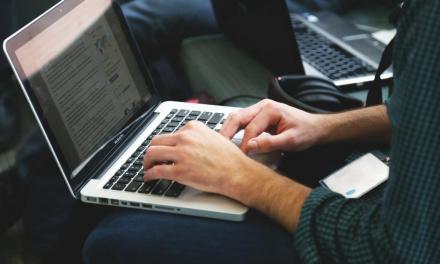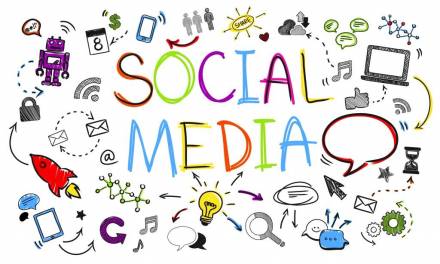As a member of a generation that has grown up alongside the likes of Facebook and Twitter, you probably feel as though you’re continually told of the dangers that the online world can present. It can all feel, well, pretty repetitive.
Yet the dangers are very, very real – and even more worrying, the dangers come in many forms.
Online predators, stolen passwords, hacked accounts, cyber bullying and privately sent photos going viral…
The list of potential threats is never ending – so despite it being more interesting to read about the latest celeb gossip, the following seven online safety tips make for pretty important reading…
1. Never post personal information online
This includes your address, email and mobile number.
2. Know that you never have to accept any form of cyber bullying
That nasty comment about your appearance? Cyberbullying. A message that is sent only to have a go at you? Cyberbullying. Those people who speak openly online in a degrading manner about you? Cyberbullying. These actions are just as unacceptable in the online world as they are in the offline world. Out these bullies to someone you trust.
3. Ensure that your privacy settings are as high as they can be
Privacy settings ensure that your posts, images, videos and just about anything else on your online accounts are only seen by those you know. It’s a simple tip and takes two minutes to do (check out this guide for each of the main social platform’s privacy settings).
4. Consider what you say, way before you say it
The potential of a digitally written word is that it can go viral within a matter of clicks. Consider all that you post and write on social media – sometimes the delete button isn’t nearly enough.
5. Never take anyone at face value – and avoid adding people you don’t know
You can’t trust anyone you don’t know online. It’s pretty depressing stuff – yet it’s vital to ensure your online safety. After all, anyone can be whoever they wish online – something that is proven by there being an estimated 67.65 million fake accounts on Facebook alone (Venture Beat).
6. Never, ever, give out your passwords
This one’s simple – and given that you may use the same password over a number of sites (although you should use different ones) the potential for someone armed with your password and bad intentions can be leaked content, deleted photos and fake messages sent to everyone you know.
7. Above all else – never meet up with anyone you’ve met online
The most important tip of all is to never meet with anyone who you’ve met only online. You simply can’t know that the person is who they say they are – and with so much of your life likely lived out online, it can be easy for shady characters to win your trust by portraying themselves as someone with the same interests as you and roughly the same age as you.
Concerned? Worried? Uncertain?
If you’re at all affected by the online actions of others – whether by comments from those you know, or contact made by someone random, it’s important to reach out to someone in the offline world. A parent, a teacher, a relative – whoever you feel most comfortable with.
You can also contact an outside agency if you’re more comfortable with that – here are some numbers and contact details…
Get Safe Online: Send them a message via their contact page
NSPCC: 0808 8005002
Bullying UK: 0808 800 2222









